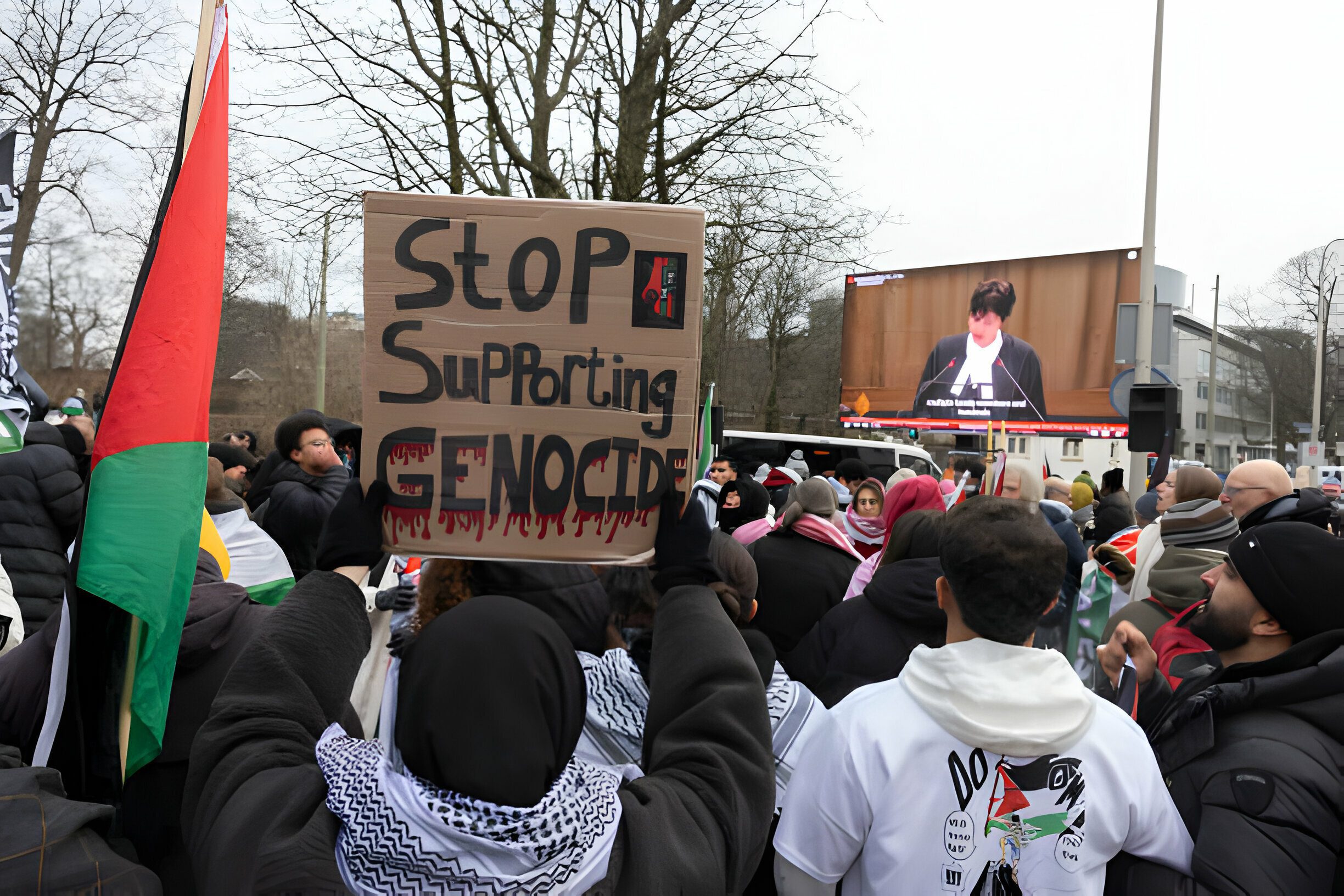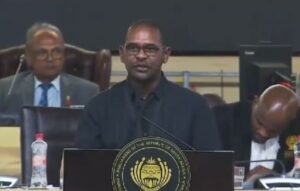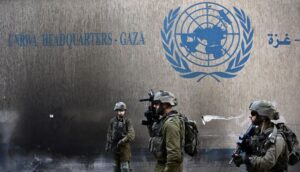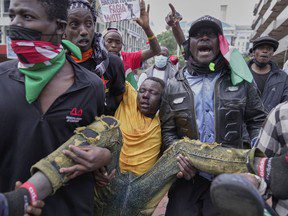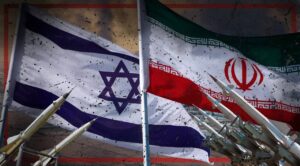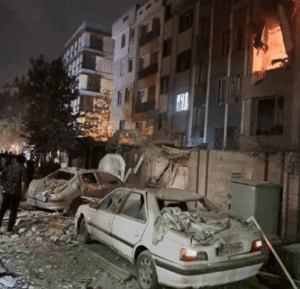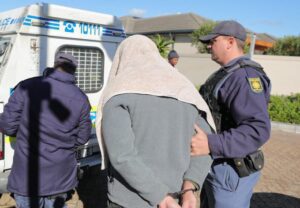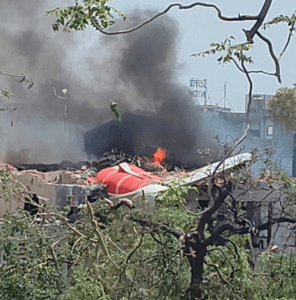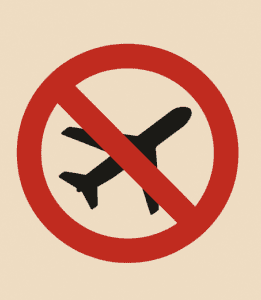The upcoming hearings at the International Court of Justice (ICJ) between South Africa and Israel have their roots in a series of events that escalated tensions in the Middle East. The immediate trigger was the military response by Israel to an attack by Hamas on October 7. This response, characterized by a bombardment and siege of Gaza, has been brought into question by South Africa, leading to the current legal proceedings at the ICJ.
The Upcoming Hearings
The International Court of Justice (ICJ), located at the Peace Palace in The Hague, is set to conduct public hearings on January 11-12 in a significant case initiated by South Africa against Israel. The crux of the dispute lies in South Africa’s allegations that Israel’s military actions in Gaza, following the Hamas attack on Israel on October 7, contravene the 1948 Genocide Convention. Both nations are signatories to this convention. In light of these developments, insights from Magnus Killander, a human rights and international law expert, were sought.
Understanding the International Court of Justice
The ICJ stands as a pivotal entity among global judicial institutions. Unique in its universal jurisdiction under the United Nations Charter, it surpasses other courts that focus on specific legal domains, such as the International Tribunal for the Law of the Sea or regional bodies like the African Court on Human and Peoples’ Rights.
It’s important to differentiate the ICJ from the International Criminal Court (ICC), also based in The Hague. The ICC’s mandate includes prosecuting individuals for severe violations like genocide and war crimes, whereas the ICJ addresses state responsibilities under international law, not individual accountability.
Notably, the ICC is concurrently investigating the situation in Palestine, which could lead to prosecutions related to atrocities committed by all involved parties.
The ICJ’s Jurisdiction and Previous Cases
The ICJ entertains cases between states and can provide advisory opinions to United Nations bodies. Since its inception, it has adjudicated nearly 150 contentious cases and issued 27 advisory opinions.
Historically, the ICJ has dealt with several cases under the Genocide Convention, including those initiated by Bosnia against Yugoslavia, The Gambia against Myanmar, and Ukraine against Russia. The court’s approach in these cases, particularly in issuing provisional measures to prevent irreparable harm, highlights its role in addressing urgent humanitarian concerns.
The Process and Conditions for a Case
For a case to be heard at the ICJ, certain criteria must be met, such as a jurisdictional basis and the state’s interest in the matter. In the current case, both Israel and South Africa, as parties to the Genocide Convention, fulfill these conditions.
The upcoming public hearings will focus on provisional measures, with both South Africa and Israel presenting their arguments. These measures, however, do not predetermine the final judgment of the court, which is a more prolonged process, often spanning several years.
Potential Outcomes and Actions of the Court
The ICJ’s role is primarily to issue declaratory orders. For instance, in the 2007 Bosnia case, it found Serbia in violation of the Genocide Convention. However, the court’s ability to enforce its orders remains a challenge, reflecting broader issues in the enforcement of international law.
South Africa’s request for provisional measures includes a suspension of Israel’s military activities in Gaza and measures to prevent humanitarian crises. The ICJ may issue different provisional measures, and its decision will be closely watched, given the precedent in similar cases.
The Road Ahead
As the hearings approach, the international community awaits the ICJ’s decision on provisional measures. This case not only highlights the complexities of international law but also underscores the ongoing challenges in addressing and preventing violations of human rights and humanitarian law. The outcome at The Hague could have significant implications for international relations and the enforcement of global legal standards.
Live Broadcast of the hearings at the Haque
South Africa is set to present its case at the International Court of Justice (ICJ) regarding allegations of genocide. The oral arguments for this highly anticipated case are scheduled for Thursday, January 11, from 9 to 11 am.
Following South Africa’s presentation, Israel, the respondent in this case, will have the opportunity to present its response. This is slated for Friday, January 12, also between 9 and 11 am.
The proceedings of this case, which has garnered global attention, will be accessible to the public through a live stream. This move ensures transparency and allows international observers and interested parties to follow the developments in real-time.
The case at the ICJ, often referred to as the World Court, represents a critical moment in international relations and law. It highlights the ongoing commitment to addressing and resolving complex and sensitive issues through legal channels. The outcome of this case could have far-reaching implications for international law and the principles of justice and accountability on the global stage.
🇿🇦Thursday 11 Jan: 9-11 am : Oral arguments for South Africa’s case
😵💫Friday 12 January: 9-11 am : Israel response

